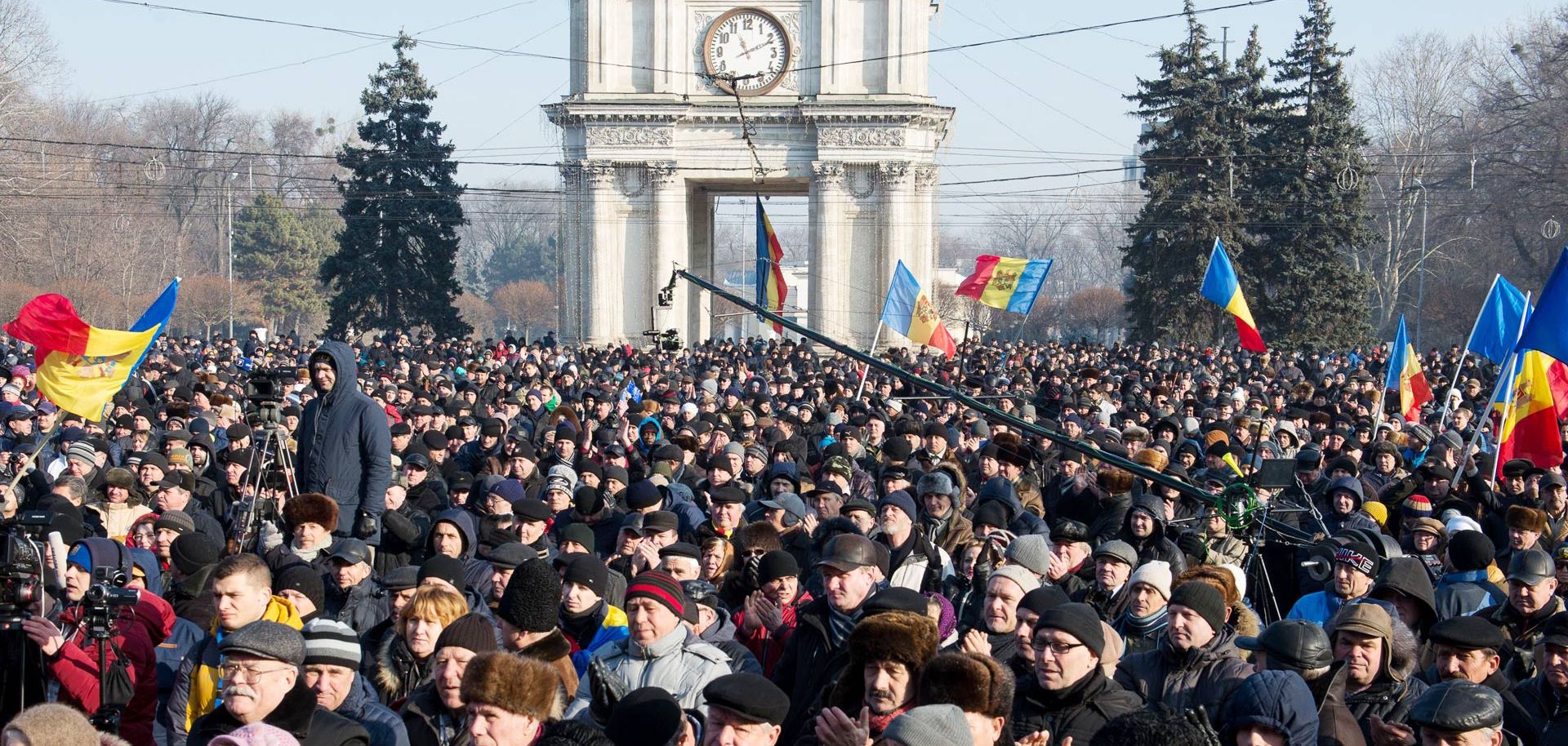Moldova's political system historically has been split between east and west. Parties identifying with Russia, such as the Communists and Socialists, constantly jockey with those that lean toward Europe, such as the Democratic, Liberal and Liberal Democratic parties. Neither side has managed to gain much of an upper hand: The former camp currently holds 46 seats in Parliament, while the latter controls the other 55. This roughly equal division of representation has made the formation and maintenance of governing coalitions nearly impossible, and early elections, political protests and changes in leadership have become the norm.
On Oct. 30, Moldova will hold its first direct vote for the presidency in over two decades. For the past 20 years, Moldova's presidents have been selected by lawmakers rather than the electorate, a process that has consistently led to deadlock in Chisinau's fractious government. But in the wake of widespread protests against Prime Minister Pavel...

